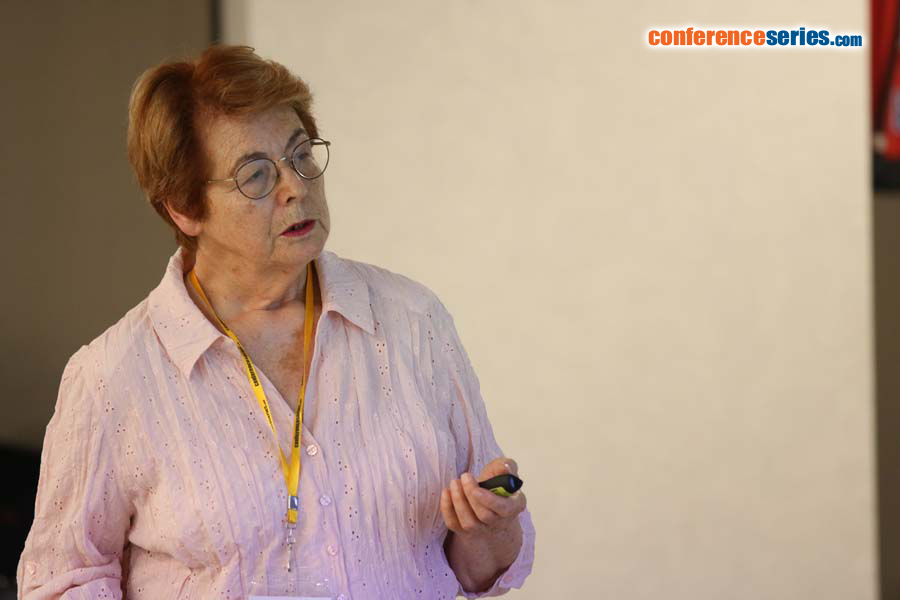
Francoise Nardou
University of Limoges, France
Title: Self-propagating high-temperature synthesis, a sustainable approach to product ceramics and composites
Biography
Biography: Francoise Nardou
Abstract
Statement of the Problem: Requirement to develop sustainable products is one of the key challenges faced by industry in the 21st century. Self-Propagating High-Temperature Synthesis (SHS) is a set of highly exothermic reactions that, once initiated by a low external energy input are able to self-sustain in the form of a wave (or propagation front). More than 300 different materials and some of them on an industrial scale have been developed with this synthesis process. The SHS synthesis of materials from powdered mixtures has a number of advantages over the more usual methods. Because of its intrinsic properties, it has a low energy cost (practically zero in a local initiation), a short processing time and a reduced equipment. The high temperatures involved allow the removal of impurities which leads to the production of very pure products. Due to high thermal gradients, this process also offers the possibility of synthesizing metastable or complex phases such as composition gradient materials. Only few SHS products are manufactured by enterprises because of the difficulties to monitor the process.
Methodology & Theoretical Orientation: In order to monitor the SHS reaction, research projects about mechanisms of the reaction and the influence of many parameters are engaged on the development of this synthesis process. We propose to present results obtained with two different types of SHS reaction: (a) SHS of zirconia via the following exothermic reaction: Zr + O2 → ZrO2; (b) SHS of dense intermetallic-based composite via the solid/solid reaction: Ni + Al → NiAl; (c) SHS of porous mullite via the solid/solid reaction kaolinite + Al + Mg → mullite.
Conclusion & Significance: Thus, an approach on all the methods (thermal explosion and local initiation) and the different types of SHS reaction (solid/solid and solid/gas) will show the difficulties to manufacture by SHS the three types of materials (zirconia, intermetallic-based composite reinforced by zirconia particles, and mullite-based materials)
Recent Publications :
- D Tingaud, C Penot and F Nardou (2007) In situ monitoring of the kinetics of solid-gas reactions: Application to the system Zr-O2. International Journal of Self–Propagating High-Temperature Synthesis. 16 (3): 110-118.
- L Plazanet, F Nardou (1998) Processing of NiAl intermetallic and NiAl matrix composites by the simultaneous use of thermal explosion and hot pressing. International Journal of Self-Propagating High-Temperature Synthesis. 7(2): 281-292.
- A Esharghawi, C Penot, F Nardou (2010) Elaboration of porous mullite-based materials via SHS reaction. Ceramics International. 36: 231-239.


